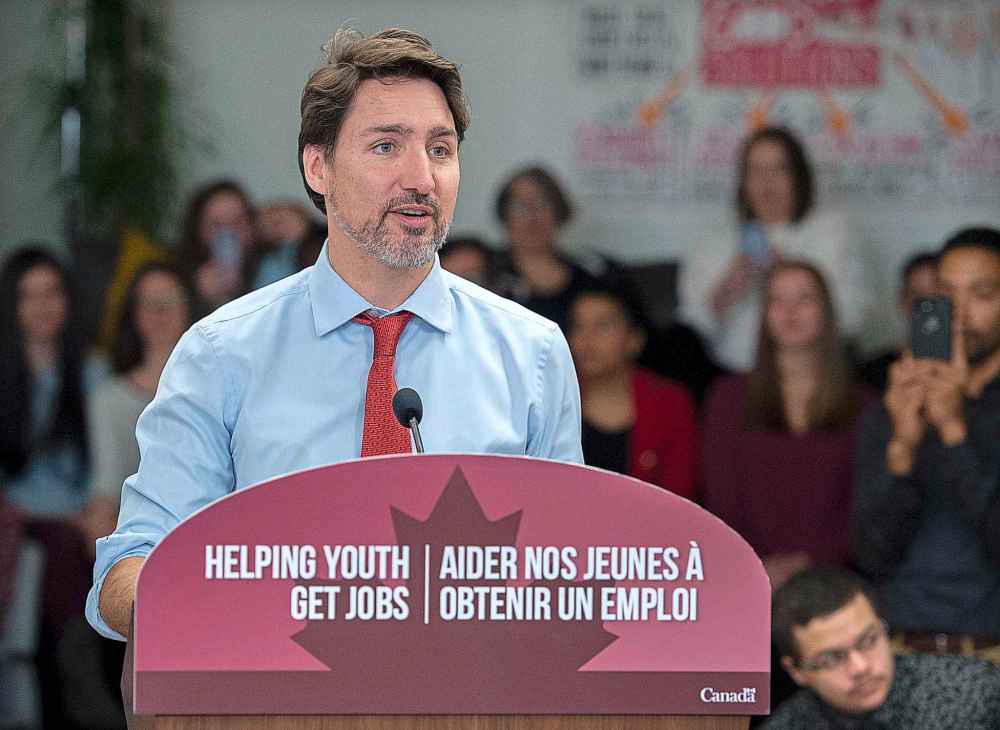Debt-relief letter a political head-scratcher
Read this article for free:
or
Already have an account? Log in here »
To continue reading, please subscribe:
Monthly Digital Subscription
$0 for the first 4 weeks*
- Enjoy unlimited reading on winnipegfreepress.com
- Read the E-Edition, our digital replica newspaper
- Access News Break, our award-winning app
- Play interactive puzzles
*No charge for 4 weeks then price increases to the regular rate of $19.00 plus GST every four weeks. Offer available to new and qualified returning subscribers only. Cancel any time.
Monthly Digital Subscription
$4.75/week*
- Enjoy unlimited reading on winnipegfreepress.com
- Read the E-Edition, our digital replica newspaper
- Access News Break, our award-winning app
- Play interactive puzzles
*Billed as $19 plus GST every four weeks. Cancel any time.
To continue reading, please subscribe:
Add Free Press access to your Brandon Sun subscription for only an additional
$1 for the first 4 weeks*
*Your next subscription payment will increase by $1.00 and you will be charged $16.99 plus GST for four weeks. After four weeks, your payment will increase to $23.99 plus GST every four weeks.
Read unlimited articles for free today:
or
Already have an account? Log in here »
Hey there, time traveller!
This article was published 05/03/2020 (2105 days ago), so information in it may no longer be current.
There’s a certain manner of political pronouncement that tends to leave one wondering, “Where in the heck did that come from?”
In addition to being wholly unexpected, such declarations generally have little connection to current political debates or economic events, and arrive seemingly out of nowhere with very little background information or contextual elaboration.
Manitoba Liberal Party Leader Dougald Lamont issued such a statement recently, in the form of an open letter to the prime minister asking the federal government to provide massive, widespread debt relief for individual Canadians, regional governments and Crown utilities across the country.

“The federal government must have the Bank of Canada guarantee or assume the debt faced by provincial governments, provincial hydro utilities and, most important, individual Canadians,” Mr. Lamont’s missive implored, adding that such an initiative would “provide a clean economic slate that millions of Canadians so desperately need.”
One can readily imagine other politicians, economists and academics, not to mention a large swath of the individual tax-paying Canadians referenced in the open letter, issuing a simultaneous and collective, “Huh?”
As proposals go, this one falls squarely into the head-scratcher category. Where did it come from? Why now? And in what alternative political universe did Mr. Lamont think the proposition would be absorbed into the national fiscal-policy-making conversation?
He did not attach a cost estimate to his idea, but Mr. Lamont did note that Canadians currently hold more than $2 trillion in personal debt, mostly in the form of mortgages. Provincial government debt, on the other hand, totals in the multiple hundreds of billions across the country.
This might be a good time to insert another in-chorus “Huh?”
Mr. Lamont said there’s precedent for a debt-forgiveness scheme such as the one he’s suggesting, referring to the aid offered to Prairie farmers during the Great Depression of the 1930s or the bailouts of banks and corporations after the 2008 financial collapse.
He added that such debt relief need not be absolute; rather, it could be targeted to those most in need (the criteria for qualification would have to be worked out, he explained), and might amount to a partial pay-down of money owed rather than complete debt forgiveness.
“Sometimes it’s about letting people negotiate their debt down to a point where they can afford to pay it,” Mr. Lamont explained.

Retired economics professor Nick Rowe offered a blunt assessment: “If you wanted a way for the Bank of Canada to create a hell of a lot of inflation, this would do it.”
According to published reports, the prime minister has not responded.
One is left pondering the fiscal logic — and, perhaps, the political motive — that prompted Mr. Lamont to compose his letter and then mark it “open” for all to see. As the leader of a party that holds just three seats in his province’s legislature, perhaps he is casting about for an issue that will afford him a level of profile and relevance the Manitoba electorate would not.
With the Pallister government poised to release its budget next week, Mr. Lamont might be better served by focusing on at-home economic concerns — including, perhaps, assessing the premier’s unexpected announcement Wednesday that a carbon tax will be imposed and the provincial sales tax will be reduced — rather than seeking the national spotlight with a capricious and costly notion that will be summarily dismissed.
“It’s a very bad idea,” the aforementioned Mr. Rowe concluded of the debt-relief suggestion. The same might be said of presenting it in an open letter.







